According to MSc. Dinh Van Mai, Soft Skills Lecturer, Student Capacity Development Center, Van Lang University, to ensure that Artificial Intelligence (AI) is used fairly and responsibly, the role of humans, especially teachers, is very important.
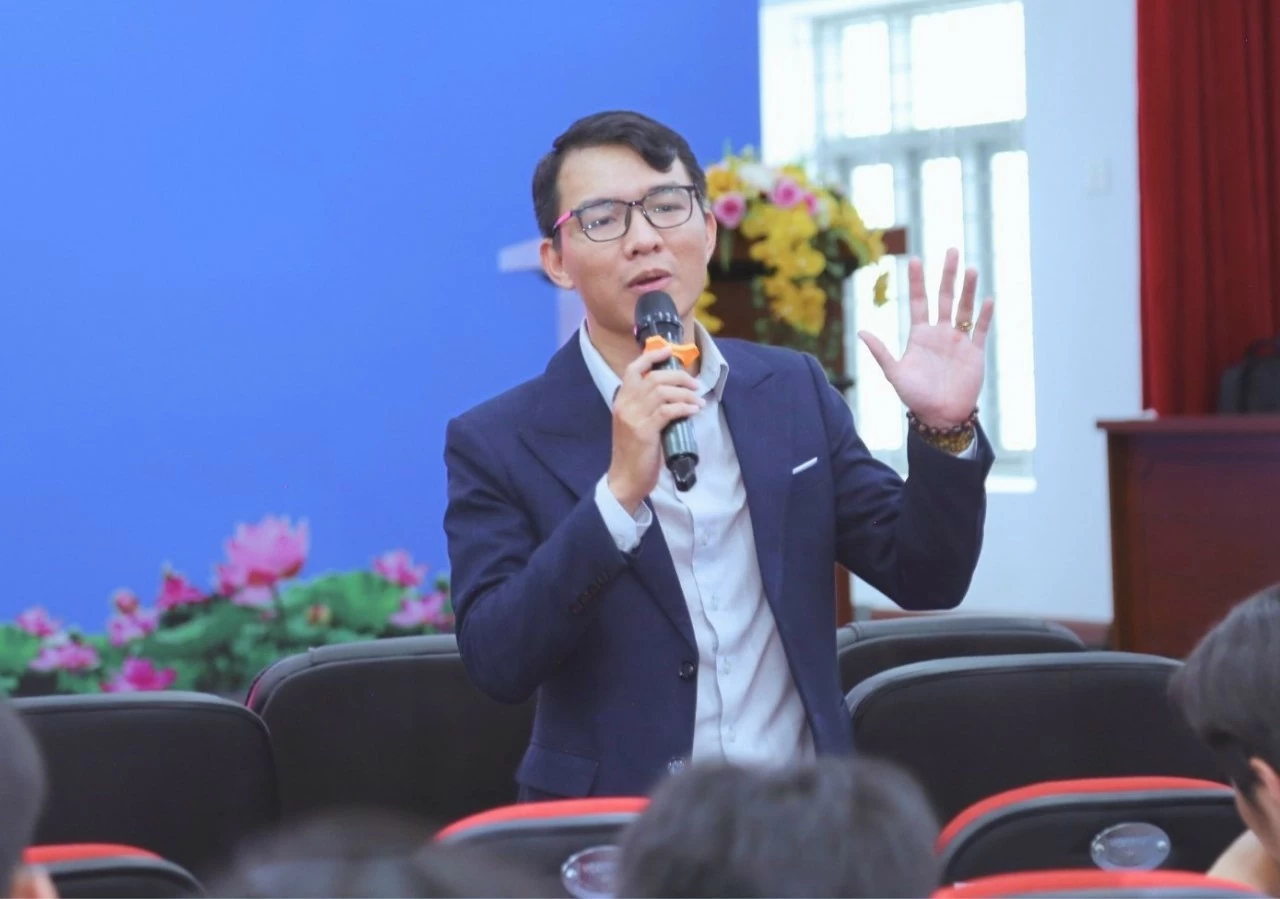 |
| MSc. Dinh Van Mai believes that we should be cautious when implementing AI in education. (Photo: NVCC) |
AI shaping the future of education
What is your perspective on the impact of AI (artificial intelligence) on improving the quality of education and training human resources for the future?
Artificial Intelligence AI impacts almost every field and education is no exception. In the 4.0 era, the strong development of AI is shaping the future of education in all countries around the world.
According to a UNESCO report (AI and education: Guidance for policy-makers, 2021), the market size for artificial intelligence in education was worth 1.1 billion USD in 2020, expected to increase to around 6 billion USD by 2024, a growth of 445% in just 4 years.
With the explosion of technology, many countries around the world have developed guidelines to promote the safe and effective learning and use of AI. Artificial intelligence tools suitable for training such as Gemini, ChatGPT, Gamma, Magic School, Canva… are making a difference in education.
AI helps educators manage teaching and training efficiently and creatively, while improving the experience and outcomes of learners including those with disabilities.
Therefore, the United Nations also pursues the goal of “AI for all” to realize goal number 4 (quality education) in the 17 Sustainable Development Goals (SDGs) to create equal learning opportunities, fair education, and lifelong learning for everyone.
According to you, what will be the development trend of AI in education in the near future?
Artificial Intelligence will evolve and update its features regularly to meet the needs of education and human resource training. With advanced algorithms and data-driven insights, AI has transformed and revolutionized traditional teaching methods, empowering learners and educators.
AI trends are boosting the education industry by improving learner engagement through customized courses, online lectures, gamified classes to enhance skills, or learning support apps.
The application of AI in education to produce smart content is making it easier than ever for learners to find, store, and look up learning materials. This enhances the learning experience and personalizes learning content to suit the needs and develop learners’ competencies, meeting the requirements of the recruitment market. The tools help teachers by taking on time-consuming tasks, grading, maintaining reports, improving cognitive and learning abilities in virtual schools and AI classrooms.
Teachers will maximize their professional capacity and create rich learning experiences, promoting a learner-centered training method. AI is used in scientific research activities, academic connections or administrative management, promoting initiatives using AI in community service activities, especially supporting educational development and improving the quality of life for disadvantaged groups.
In the future, many AI applications will be born, creating diversity for teachers as well as learners, leading to competition between applications. Deploying AI in education is necessary, but it should be done carefully and properly to ensure effectiveness and safety.
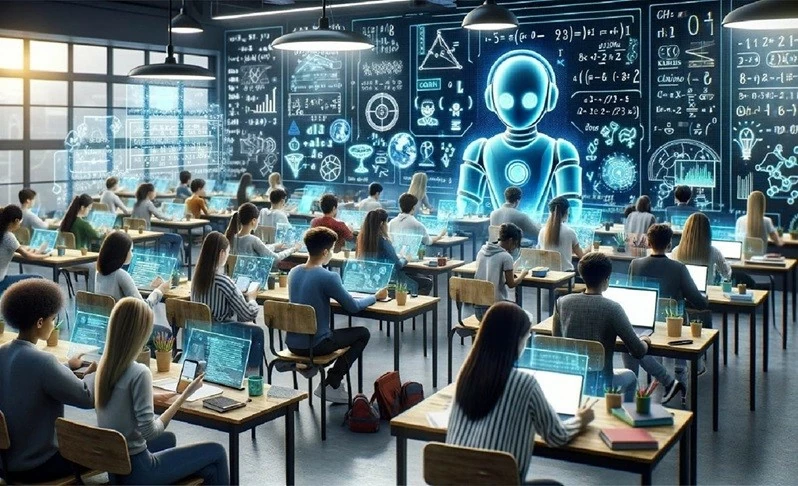 |
| To ensure that AI is used responsibly, the role of humans, especially teachers, is very important. (Illustration: Internet) |
What ethical issues does the application of AI in education raise?
The application of AI in education raises many worrying ethical issues, causing many controversies related to copyright infringement, personal information leakage, plagiarism when using AI, threatening the work of teachers, as well as costing teachers to update advanced features of new versions, creating abuse and dependence on technology for both learners and teachers.
To ensure that AI is used responsibly, the role of humans, especially teachers, is very important. First of all , teachers need to learn how to use AI and apply it effectively in teaching to create a good image for learners.
Second, teachers are confident in their professional competence, trust in their ability to organize teaching activities, and make decisions. Third, teachers collaborate with AI in co-teaching situations, while promoting direct interaction with learners as a mentor, a companion to guide and connect with learners. From there, teachers inspire learning, empathize with learners, and promote creativity and critical thinking in learners. This is something that AI cannot replicate.
Fourth, teachers need to set specific rules and boundaries for the classroom, set a strict rule against using the Internet in any live classroom activities, and allow students to freely think and create using the knowledge gained from previous lessons. In short, AI cannot replace the role of teachers, it is just a tool to support teachers and students in the learning process.
What lessons can Vietnam learn from leading countries in applying AI to education?
In Vietnam, many training units have pioneered in organizing a variety of academic activities and seminars on AI applications in education. Many training programs or guidance projects for teachers and lecturers to use these applications are organized regularly with many different combinations. Research on the application and impact of Artificial Intelligence in education is conducted and presented at domestic and international scientific forums.
Many articles, videos, and community groups sharing experiences from educators and content creators on digital platforms about applying AI in education are being shared very strongly. Some schools have boldly innovated teaching methods by integrating AI into teaching, piloting the application of technology in the design of teaching some subjects. That shows a very high level of interest and sensitivity to effectively applying AI in education in Vietnam, keeping up with global trends.
Given this development, Vietnam needs to learn from other countries in the world to provide clear and specific guidelines for the use of AI in education to promote a safe and honest learning environment. Typically, at the end of October 2022, the European Commission EC published a set of ethical guidelines for teachers on the use of AI and data in education. This is a guide for primary and secondary school teachers and can be used by educators with little or no experience in digital education.
The U.S. Department of Education and the Office of Educational Technology have also released guidance on Artificial Intelligence and the Future of Teaching and Learning, which offers both practical and policy-based recommendations. Accordingly, educational institutions should not view AI as a replacement for teachers and instructors, but rather explore it as a supplement and tool available to them.
In the UK, the Department for Education has issued a statement on generative AI in education. Its main message is that while AI can help reduce workloads and allow teachers to focus on professional development, educational institutions need to take steps to protect data, teachers and learners from the downsides of new technologies.
Japan has become the latest country to announce new guidelines on the use of AI in schools and universities. The guidelines, issued by the Ministry of Education, require students to fully understand the characteristics of AI before using it. And it is considered inappropriate to pass off reports, essays, or other documents generated by AI as one’s own. In addition, academic integrity regulations related to AI need to be reviewed and updated to reflect current realities.
Don't rely too much on AI
What advice do you have for policymakers and educators to promote the application of AI in education in our country?
As a lecturer, I expect policy makers to implement specific assessments and carefully consider and discuss with stakeholders to ensure the fairness and effectiveness of applying AI in teaching and assessing students.
From there, establish clear and reasonable regulations, provide specific guidance on the proper use of artificial intelligence technology, apply appropriate inspection and monitoring measures to detect improper use. On the other hand, it is necessary to study the educational process and improve the capacity of the teaching staff to effectively apply AI in education.
Teachers will learn and share practical experiences using AI applications suitable for each group of learners at different levels. From there, increase confidence in digital skills, boldly improve each lesson and each class in suitable conditions at each unit.
In your opinion, what skills do students need to be equipped with to be able to confidently live and work in a world that is increasingly dependent on AI?
With the explosion of information technology and rapid integration between countries, students need to have the skills to adapt to many changes in the world. They need to learn about the 16 skills that young people need in the 21st century, researched and proposed by the World Economic Forum (WEF) through the study New Vision for Education: Unlocking the Potential of Technology .
With a skill set ranging from basic education to competencies and qualities, students can confidently apply academic knowledge and soft skills to real life and future work, while expanding their worldview and having a positive outlook on life, thereby adapting quickly and succeeding in their career and personal life.
In order to not depend on technology, young people should understand the basic concepts of AI, its limitations and potential, and related legal regulations to use AI safely and effectively. They should equip themselves with basic information technology knowledge; develop digital skills to serve their studies and work; and improve their “digital vaccine” to minimize risks that may occur in the digital world.
Thank you!
Source: https://baoquocte.vn/children-can-be-equipped-with-vaccine-so-trong-the-gioi-ngay-cang-phu-thuoc-vao-ai-281511.html








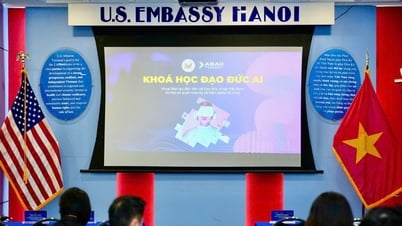

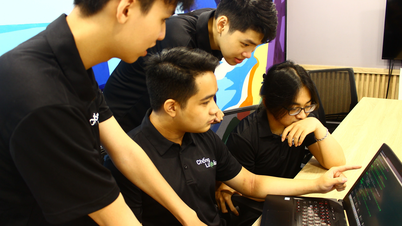




















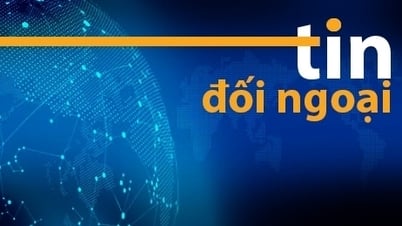



![[Photo] Prime Minister Pham Minh Chinh works with the Standing Committee of Thai Binh Provincial Party Committee](https://vphoto.vietnam.vn/thumb/1200x675/vietnam/resource/IMAGE/2025/5/12/f514ab990c544e05a446f77bba59c7d1)
![[Photo] Prime Minister Pham Minh Chinh receives Swedish Minister of International Development Cooperation and Foreign Trade](https://vphoto.vietnam.vn/thumb/1200x675/vietnam/resource/IMAGE/2025/5/12/ae50d0bb57584fd1bbe1cd77d9ad6d97)



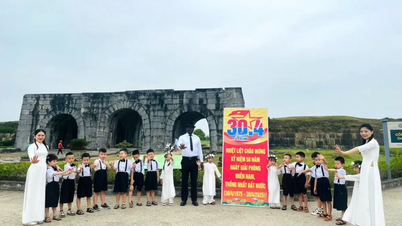










































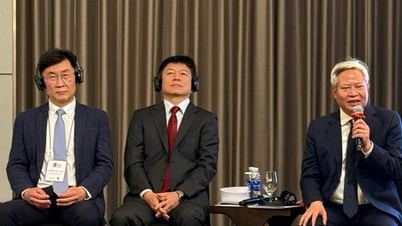



















Comment (0)